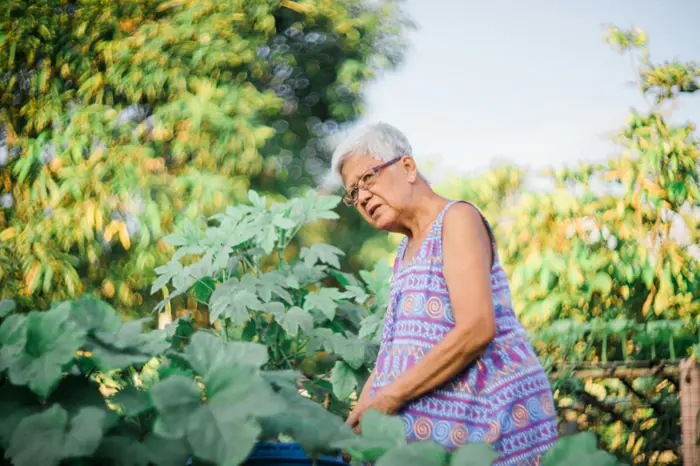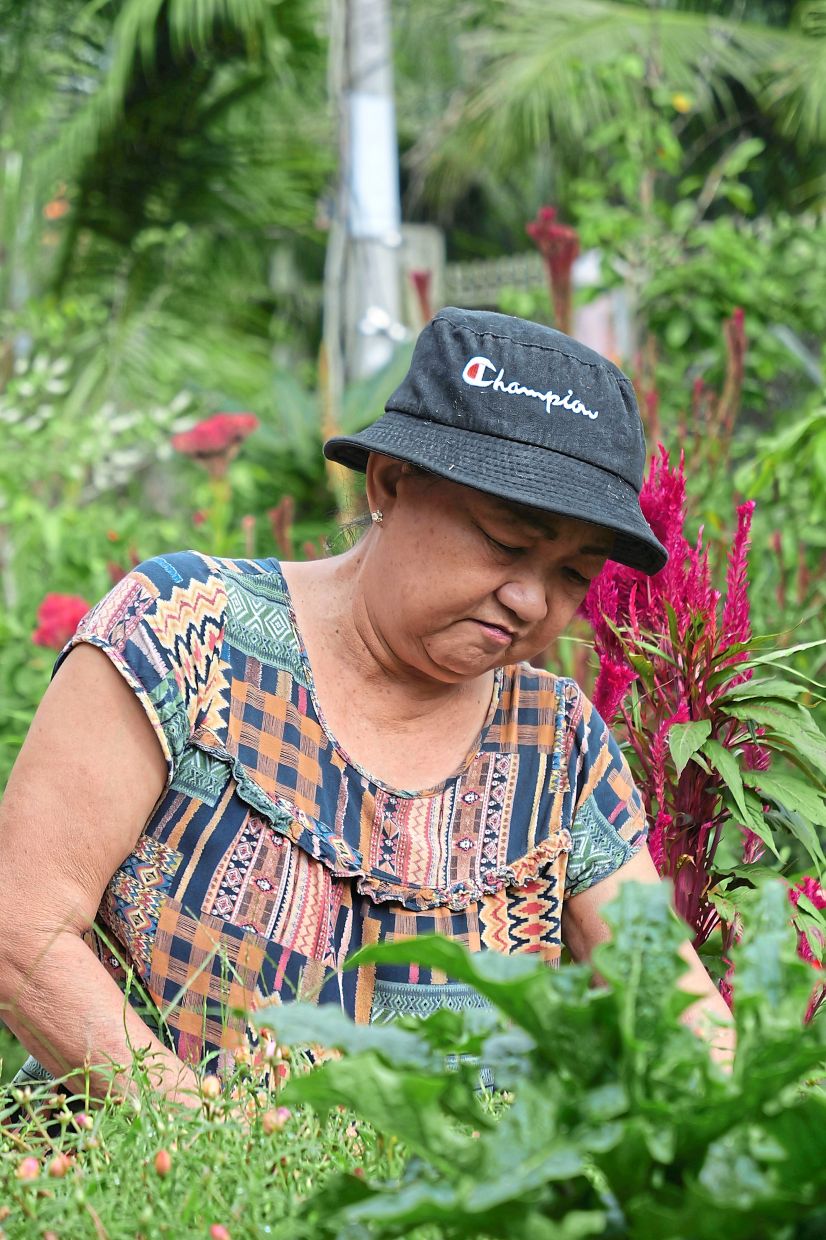ANN/THE STAR – Living in town is convenient for modern life. It’s easy to shop, eat out, get deliveries, and if you are super lucky, there is also a quick road to get to work. However, urban living has a drawback as it may separate us from nature.
Being disconnected from the natural world means we walk less, are less in tune with our surroundings, and this impacts our physical and mental health.
Green experiences such as Japan’s forest bathing or shinrin-yoku and the West’s horticultural therapy have become increasingly popular since the pandemic lockdowns that caused so much stress.
What the science says
In the UK, city people can apply for allotments, tiny patches of garden where they can grow what they like. In 2016, a team led by Dr Carly Wood at the University of Essex in Britain evaluated 136 adults before and after they visited their allotments. They then compared results to 133 people who did not have an allotment.
Results showed that just one session of gardening improved self-esteem and mood. Interestingly, how long and when didn’t matter. Overall, the gardeners had much better self-esteem, mood, general health, and energy.
While that result reflects smaller studies in many countries, the question whether seniors who are typically less flexible and less strong would also benefit was examined in 2020 in Australia.
Researchers led by Dr Theresa Scott at The University of Queensland, evaluated 331 senior gardeners aged 60 to 95 years. They found that the more time seniors spent gardening, the greater the benefits.
Silver gardeners were more positive about ageing, found it boosts physical health, and adds to socialising opportunities. Interestingly, just having access to gardens, regardless of activity level, boosted well-being.

Community gardening
As various government departments are formulating green therapy and ageing in place policies, research is now taking place to maximise projects.
In 2020 researchers led by Dr Nikmatul Adha Nordin at Universiti Malaya worked with an elderly Muslim community home, building a community garden, and a year later checking on the effects.
In a focus group of 30 residents, researchers found older folks aged 65 and over were not using the opportunity.
First, there was no garden water supply and they couldn’t carry the necessary buckets of water to garden. Also, no proper access path and exposed drains were deemed obstacles as these may lead to falls and injuries.
However, silvers in the 50s were using the community garden. Of these, 97 per cent found that gardening was a social activity, and that 73 per cent found it useful for exercise and improving their cheerfulness.
Clearly gardening is a boost for mental as well as health. However, accessibility is vital, especially for younger retirees who are planning long-term projects.
Your garden experience
Plan For The Future: If you currently have a garden or plan to downsize to a home with one, arrange it in a way that allows for easy maintenance when you’re older. Think stepping stones, raised beds so you don’t have to lean over, and install a watering system.
Balcony Gardens: These are another option. A balcony garden will keep you busy, get you outside, and connect you with nature. Cultivating herbs and fruits will also make your meals more interesting. However, it won’t promote socialising.
Black thumbs: What if you have black thumbs? It’s incredibly unfair, but if you can reduce a healthy fern to a shadow of itself within weeks, then gardening may quickly turn into a source of frustration.

Consider this: By planting low-maintenance fruit bushes and flowering trees, you will have lots of beauty while also attracting birds and butterflies. It will give you a connection to nature, add beauty to your life and it means you won’t need to be actively involved beyond a little pruning here and there.
Avoid imported or nonnative species that require special expertise and care. Instead, choose native plants and trees. Not only do they support our local wildlife but these are easiest to maintain because they are adapted to thrive in our climate.
Pro tip: Gardening enthusiasts have created trees and shrubs that will grow to small or medium sizes. Thus, if you have limited space, you won’t face issues with excessive plant growth. Generally, these plants are also cultivated to be robust.
If you’re not already out there, embrace gardening now; cultivate your mind and body for your finest golden years.






